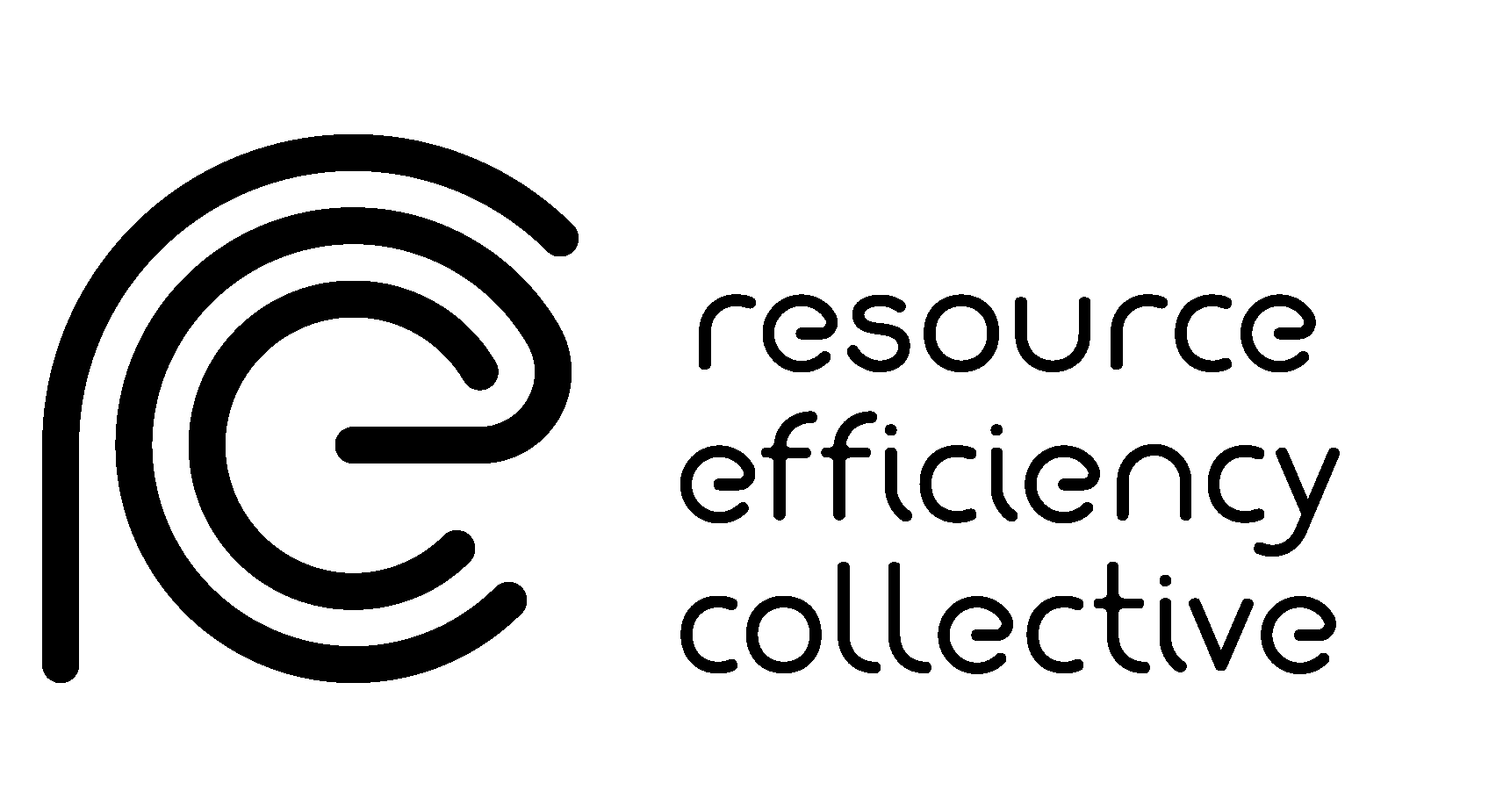THE ‘P’ WORD
THE ‘P’ WORD – Plastic in the UK: practical and pervasive … but problematic
By Jonathan Cullen, Michal Drewniok and André Cabrera Serrenho
Click here to view and download the report
Plastics are ubiquitous in modern society, owing to their usefulness, durability and how cheap and easy they are to produce. This makes plastics both a blessing and a curse.
We manufacture a myriad of plastic materials, used in countless consumer products, which are highly valued by society. Everything from milk bottles to window frames, from sunglasses to face masks, contains plastic. Plastics are pervasive due to their practicality and profitability.
And yet, plastics have a problem. The making, use and disposal of plastics creates challenging pollution issues. Significant CO2e (carbon dioxide equivalent) emissions are released across the life-cycle of plastic products and poor disposal means plastic makes its way into our waterways and oceans, creating serious environmental impacts.
Fixing this problem is not simple. Even finding good data, on the production, use, disposal and recycling of plastics is challenging.
This report tackles this data problem by mapping plastic flows through UK society, collating data from disparate sources on the production, use, disposal and recovery of plastics. With the resulting map of UK plastic flows, we can understand the latest trends in plastics use and identify opportunities for reducing the impacts of plastics in the future.
We found that the way we have been disposing of plastics plays a critical role in two serious environmental impacts: greenhouse gas emissions and plastic ocean pollution. These problems arise because plastics are not circular in the UK. Less than 3% of plastics consumed are made of UK recycled plastics, and the vast majority of waste ends up being incinerated, landfilled or exported. Without any action this problem will get worse, as we will generate more plastic waste in coming decades from all the products made of plastic that we have been accumulating.
Recycling more plastics in the UK could reduce incineration emissions, avoid mismanagement of exported waste and replace the need for the production of new plastics. However, current UK recycling capacity is only 12% of waste collected, and this is hampering the benefits recycling could provide.
There are several other actions we should take, such as reducing excessive use of plastic packaging, and reducing the range of polymers used in various products to improve recycling yields. These should be combined with improved practices in the petrochemical industry, and enhanced reuse and recycling of plastics to achieve a meaningful reduction in greenhouse gas emissions.













